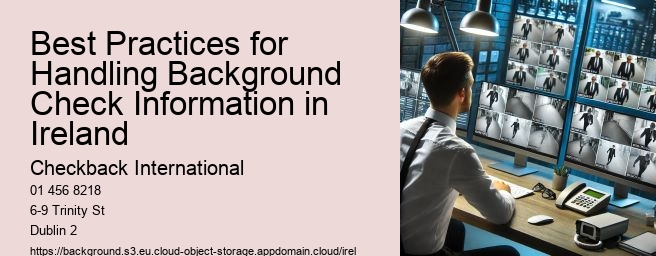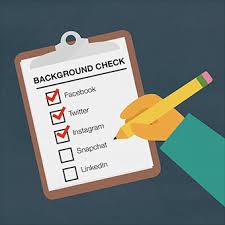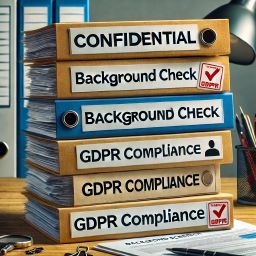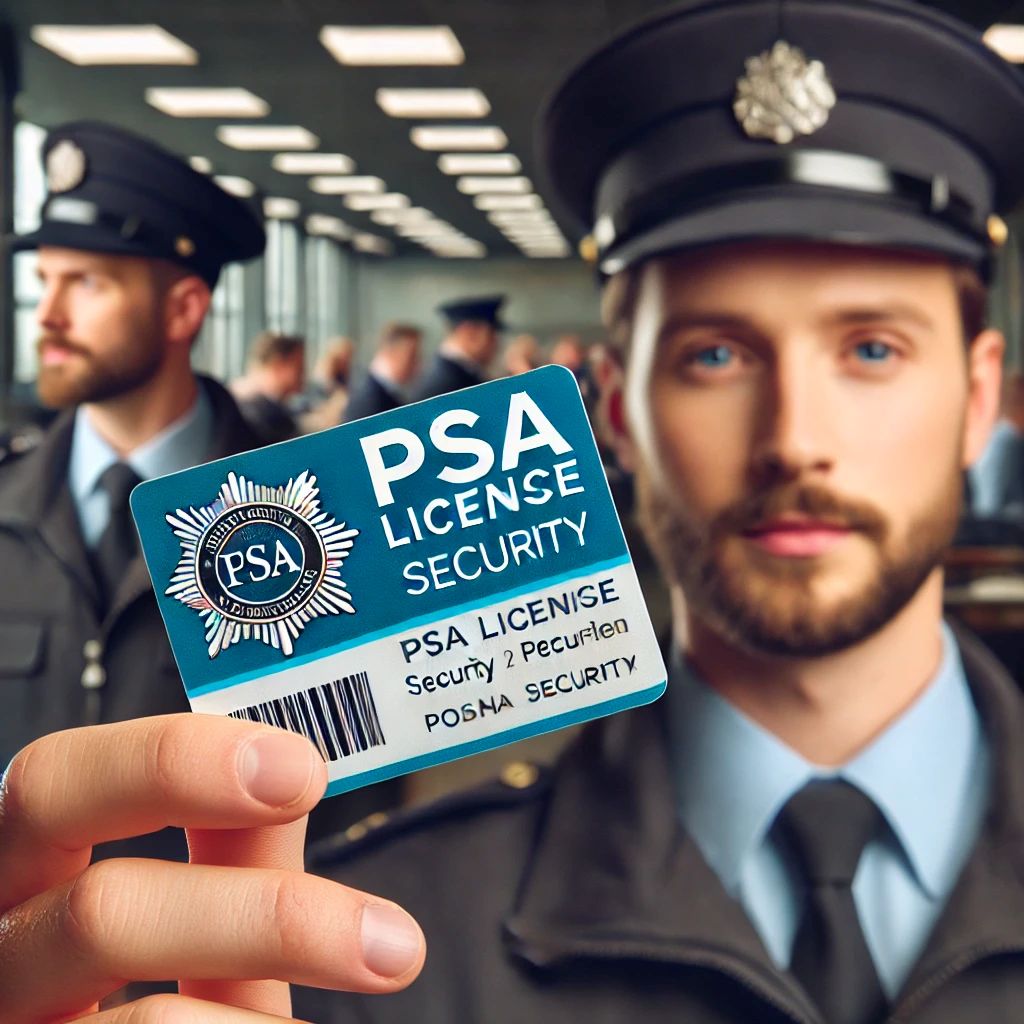

What Background Check Do Most Employers Do? Most employers conduct several standard background checks, including employment history verification, criminal record checks, educational credential validation, and credit history reviews for some positions. How Do I Get a Criminal Record Check in Ireland? To get a criminal record check in Ireland, you must apply through the National Vetting Bureau.
A technology firm made its screening faster, cutting hiring times by 40%, while a logistics company saw employee performance ratings improve by 20%, showing how proper vetting matches team skills with job requirements. Frequently Asked Questions Can You Do Background Checks in Ireland? Background checks can be done in Ireland, following GDPR and the Data Protection Acts 1988-2018. Any check needs clear permission from the candidate and must only include information that relates to the job.
While conducting employment screening in Ireland, organizations follow the Data Protection Acts and GDPR requirements for collecting, processing, and storing personal information.
How to Address Background Check Findings in the Hiring Process
PSA Background Checks in Ireland
How Are Background Checks Handled for Candidates With Name Changes or Aliases?
This speed helps organizations with urgent hiring needs while meeting industry standards.
Background check requirements stay the same for both temporary and permanent positions. Temporary workers go through identical screening procedures as permanent employees to meet security standards and comply with regulations.
For jobs that need background checks due to regulations or safety rules, employers must reject candidates who refuse screening to follow industry standards and legal requirements.
The process follows compliance requirements while using efficient procedures for complex approvals.

Can Foreign Qualifications Be Verified Through Irish Vetting Services?
3.Executive Vetting Solutions processes criminal record checks within 5-10 working days, using both domestic and international databases for screening.
1.Candidates must give explicit consent for data processing, including the scope of checks and information sharing with third parties.
Credit History Check

Organizations can speed up urgent hiring needs through simplified application processes, particularly for candidates with multiple European address histories.
This timing helps organizations make quick hiring decisions while maintaining accuracy. The process follows Irish and European Data Protection legislation, protecting candidate privacy while meeting compliance requirements.
What Specific Information Is Required From Candidates for Vetting?

Privacy and data protection laws in most locations safeguard this information. While some jobs require medical fitness tests, these occur separately from regular background screening and relate only to specific job duties.
Vetting results stay valid for 12-24 months after completion, though timeframes may differ across industries and regulatory requirements.
PSA-approved vetting service providers conduct the process while following data protection regulations.

Pre-employment vetting needs complete documentation from employers and candidates for thorough background checks.
The process includes obtaining references from previous employers and personal character references from non-family members. Screening companies contact former employers to confirm dates of employment, positions held, and reasons for departure.
In Ireland's security and employment sectors, several specific types of background checks are required by the Private Security Authority (PSA).
A background check in Ireland involves reviewing a person's criminal, financial, or personal records to assess their suitability for a role or position.
The duration can vary but typically takes between 1-2 weeks, depending on the type and complexity of the check.
Garda vetting is a specific type of background check required in Ireland for individuals working with children or vulnerable adults, involving checks against police records.
Yes, you must obtain consent from the individual before conducting any background checks in Ireland.
Not for all employees, but certain sectors such as healthcare and education may require comprehensive checks.
It includes checking for any criminal convictions or offences recorded against the individual.
Yes, individuals can request their own background checks in Ireland for personal review or to prepare for employment screenings.
Skipping background checks can lead to hiring unsuitable candidates, which may result in legal and reputational risks.
Yes, police clearance is a general criminal record check, while Garda vetting is specific to roles involving vulnerable groups and includes more detailed investigations.
You can request transcripts or degrees directly from educational institutions or use third-party services that specialize in educational verifications.
Information about spent convictions, certain types of personal data, and other protected characteristics under GDPR is off-limits unless specifically relevant and lawful to access.
International checks may involve additional complexities such as different laws, languages, and longer processing times.
No, background checks do not affect your credit score as they do not involve a credit inquiry that would impact the score.
Best practices include securing data in compliance with GDPR, limiting access to authorized personnel, and ensuring data is stored for only as long as necessary.
It depends on the industry and role, but typically every 2-3 years or when significant changes occur in the individual’s role or responsibility.
While not specific by law, many IT positions require checks due to access to sensitive or proprietary information.
GDPR regulates the processing of personal data, ensuring that background checks are conducted in a lawful, fair, and transparent manner.
Yes, but it must be done lawfully and with the individual’s consent, considering the relevance to the role.
Penalties can include fines, legal actions, and reputational damage, depending on the severity of the non-compliance.
Remote work has increased the importance of thorough background checks, especially for those in positions of trust or handling sensitive data.
Best practices include conducting similar checks as for permanent staff, especially if they have access to sensitive or critical areas.
Ensuring fairness involves following consistent procedures, obtaining consent, and allowing candidates to dispute inaccuracies.
Yes, it’s recommended to tailor background checks based on the specific risks and requirements of each position.
Signs include transparency about services, compliance with legal standards, positive reviews, and strong data protection practices.
Handling involves assessing the relevance to the job, discussing findings with the candidate, and considering legal and ethical implications.